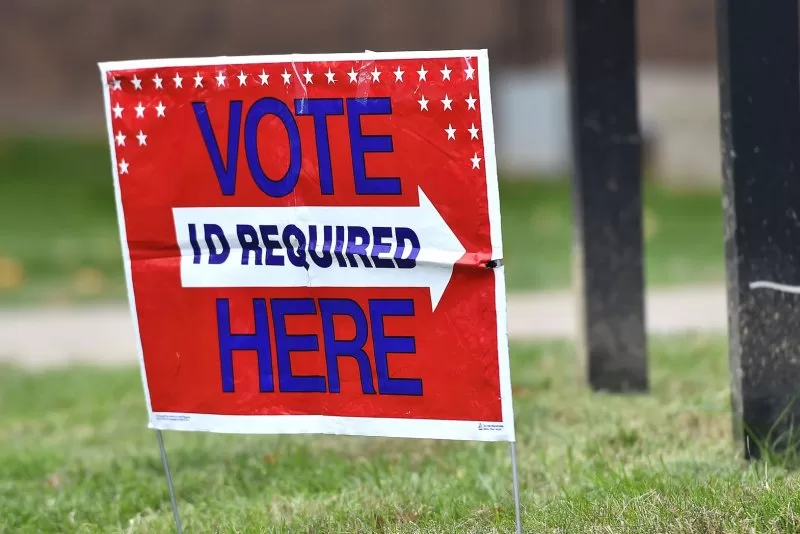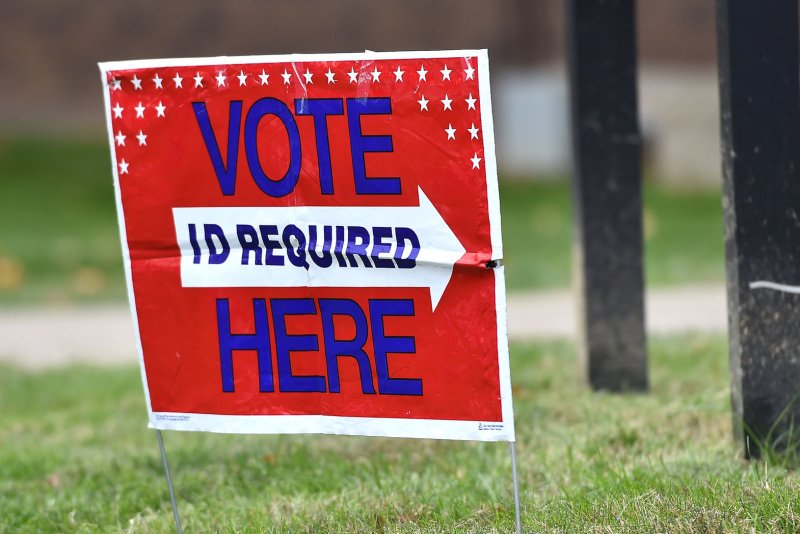On Friday, the Justice Department said the Civil Rights Division will coordinate an effort to monitor compliance with federal voting rights laws in 86 jurisdictions in 27 states — including all seven battleground states — during the general election on Tuesday. File Photo by Kevin Dietsch/UPI |
License PhotoNov. 1 (UPI) — The Justice Department said on Friday it will monitor compliance with federal voting rights laws in 86 jurisdictions in 27 states — including all seven battleground states — during the general election on Nov. 5.
The department said it regularly sends staff out to make sure federal election law and civil rights laws are being adhered to.
Texas will have the most counties being monitored with eight. That includes Democratic-leaning Harris County, one of the nation’s largest that has been the target of Republican state officials during elections.
In battleground states, the Justice Department said federal monitors will be on hand in Maricopa County, Ariz.; Fulton County, Ga.; Clark County, Nev.; Mecklenburg County, N.C.; and Philadelphia County, Pa.
In Michigan, the cities of Detroit and Ann Arbor will be monitored along with the city of Milwaukee in Wisconsin.
To see a full list of cities and counties that will have federal monitors can be found here.
The Justice Department said the Civil Rights Division will coordinate the effort.
The division will be and stay in contact with local state and local officials to enforce federal laws like the Voting Rights Act, National Voter Registration Act, the Help America Vote Act, the Uniformed and Overseas Citizens Absentee Voting Act and the Civil Rights Act.
The division’s Disability Rights Section also will respond to any questions regarding accessibility to the ballot for people with disabilities.

